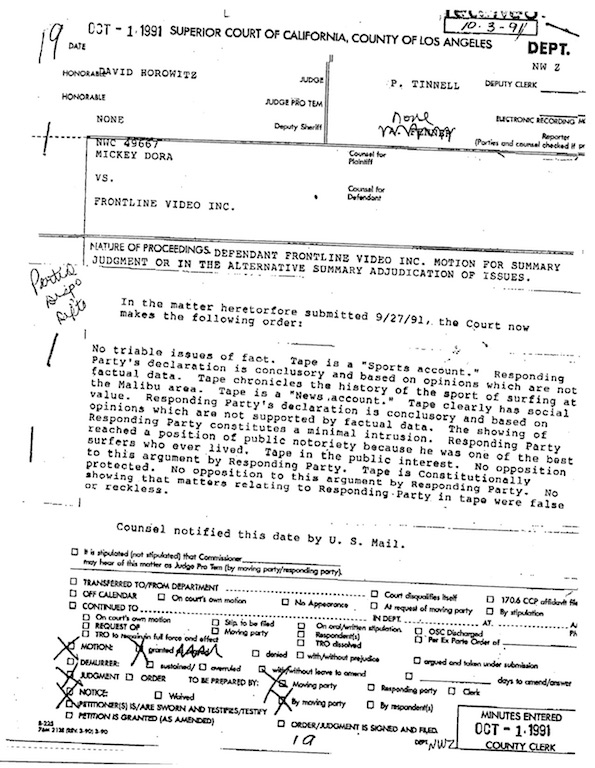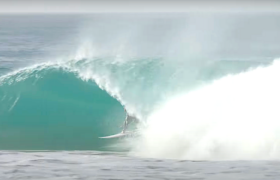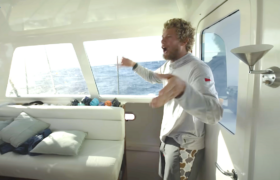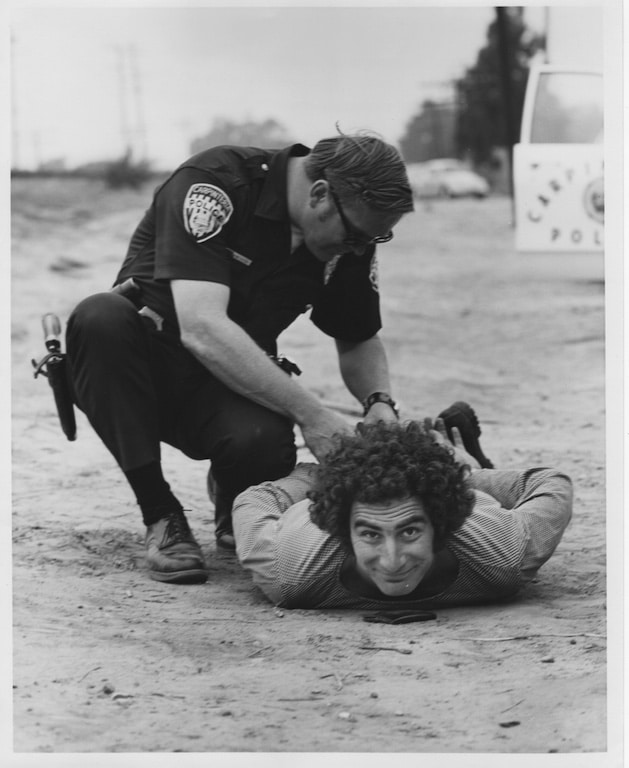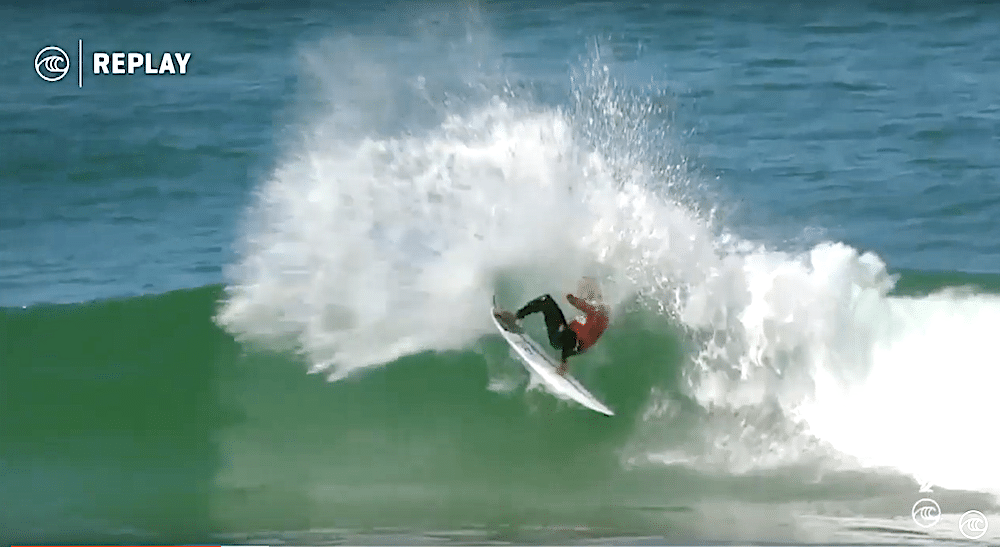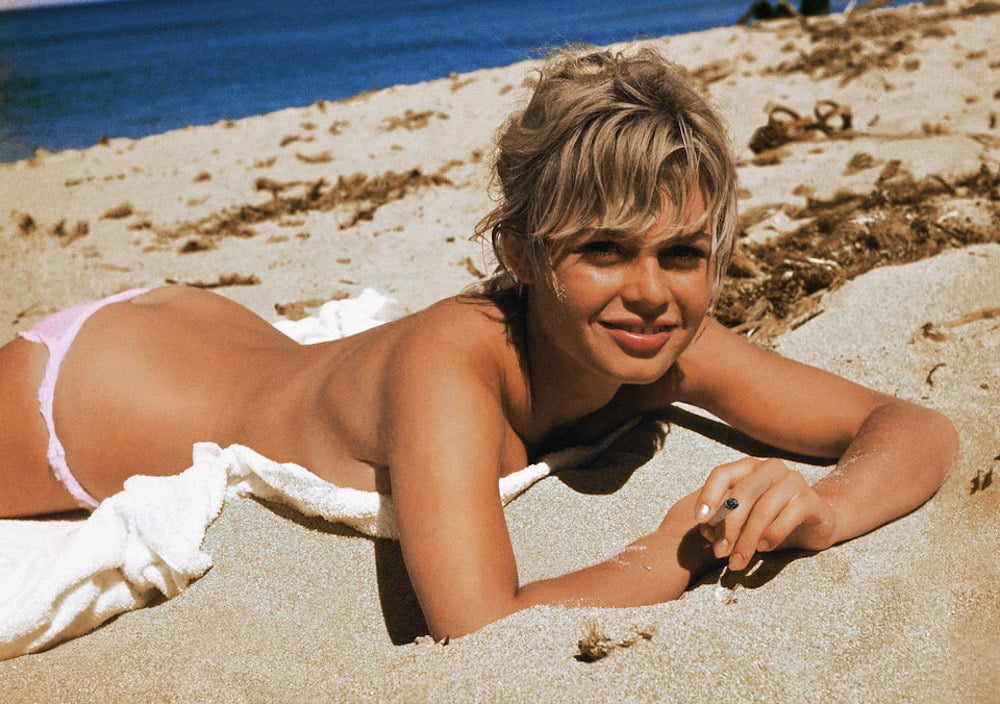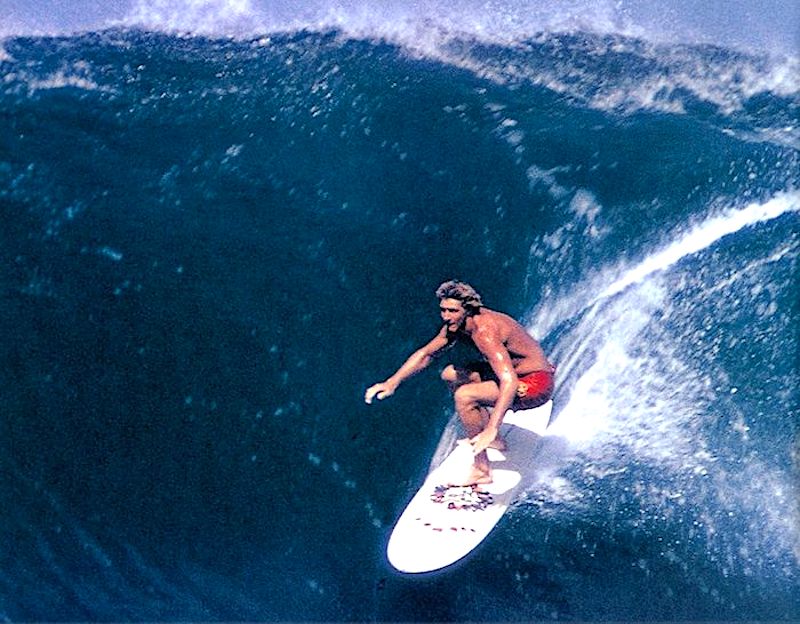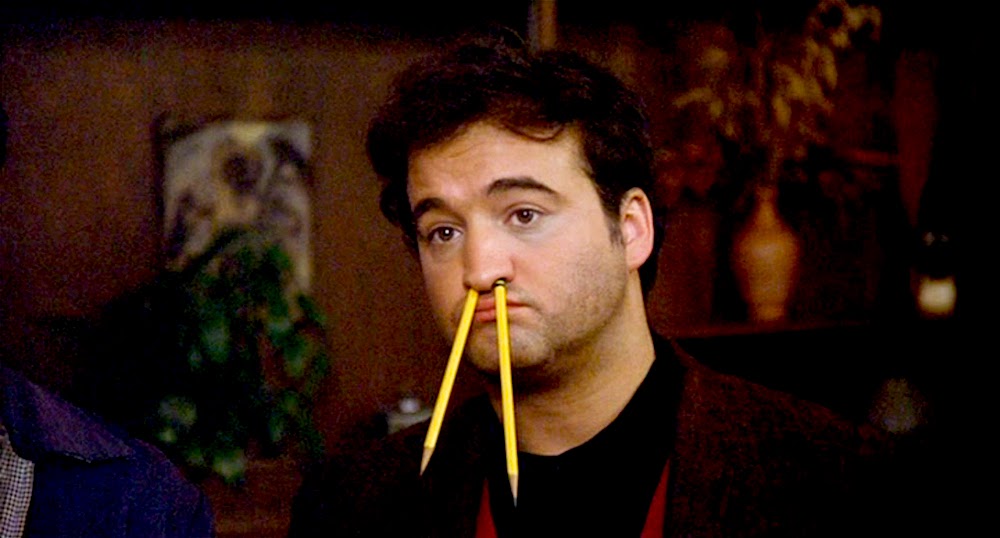A true story.
Miki Dora’s gilded stool in surfing’s Great Valhalla is next to Michael Peterson’s, near Andy Iron’s with Button Kaluhiokalani’s but a few ale horns away. He’s iconic, legendary, emulated, even worshipped by a handful of die-hard nostalgists.
Me, I’ve never found the man that compelling. Sure, his gilded stool is there in surfing’s Great Valhalla and his name looks good in print. Miki Dora. Mickolas Dora. Even Mickey Dora and his face looked good in photograph, like a discount Pete Taras, but other than that he never cranked my shaft.
He was a rebel and an asshole, two traits I hold dear. A con-man, outlaw, ne’r-do-well. Three more. He should be my favorite surfer instead of Ryan Callinan but I can’t even be bothered so what’s my problem?
I’ll tell you.
The 1989-1991 Superior Court of California case presided over by the Honorable David Horowitz which pitted one Mickey Dora against Frontline Video Inc. A company owned and operated to this day by surf cinema stalwart and multi-Emmy award winner Ira Opper.
Now, Ira Opper had grown up next to the Clark Gable estate in Encino, idolizing the whole Malibu crew and especially Dora. “He was a hero to me as a kid…” he says. “Back then in the early 1960s it was a 9 – 5 world. Everyone was getting jobs and going to work and here’s this guy surfing Malibu all day long. Malibu was like the Yankee Stadium of surfing. It was the epicenter and Miki owned it.”
Opper and Clark Gable’s step-son Bunker Spreckles would lay on the floor of Bunker’s valley home (he had entire house to himself on the estate) flipping through the then quarterly Surfer magazines and dreaming, eventually finding rides over the hills and into the hottest scene on earth.
“They knew I was Jewish…” he says of those early walks past the famed wall and through the famed pit before a long pause. “It was a tough world to enter and pretty intimidating. Dora shoved me off a wave at First Point when I was a grom. He’d come right up behind you and then just shove you off. He also called me all sorts of names. An ugly, skinny shit and unprintable names too. All the other guys were cool in the water. Dora was just… mean but also so good that if you knew he was in the water you’d just get out and watch.”
In the summer of 1986, 20-odd years later, the first Malibu Legends event was held as a sort of homage to the glory days. Opper, having gone to film school, decided to document both the event and the historical epoch. Tubesteak, the Karate Kid and the other Malibu personalities talk story and laugh about the bygone era in a sweet, simple ode. Opper also licensed a bit of Dora footage and some audio of Dora explaining various nuances of the surfing life.
Legends of Malibu (must watch here), hosted by an effervescent Corky Carroll, was broadcast on ABC and all was going well until Miki Dora filed a lawsuit in Los Angeles County Court for unspecified and punitive damages.
Miki was wildly, legendarily litigious. He’d sue, sue, sue, sue and when he got tired of suing he’d sue some more. In David Rensin’s classic All For A Few Perfect Waves he is quoted telling his lawyers that these suits were an attempt to squeeze the blood out of a billion-dollar surf industry that he’d “…not seen a red cent out of. It’s not fair. I have to live in a Third World country… The country in which I grew up as a free spirit is now ransacking my name and tearing my reputation to shreds by making films, videocassettes, clothing, books, advertisements, magazine articles, sports equipment, and all sorts of paraphernalia without my knowledge or permission.”
And he wanted Opper’s head.
While it is unknown how large the Miki Dora black market actually was, Opper wasn’t attempting to monetize Dora’s image or story. Dora’s image and story were simply essential components to the story of early 1960s Malibu. How could they not be?
In 1991 the Honorable David Horowitz agreed with Opper that the story of Malibu was newsworthy and that Miki Dora was essential in its retelling as Dora “reached a position of public notoriety because he was one of the best surfers who ever lived.”
A furious Dora immediately appealed the decision and, two years later in 1993, lost again, this time with the presiding judge ruling, “Whether Dora is considered a celebrity or not, whether he is seeking damages for injury to his feelings or for the commercial value of his name and likeness, we conclude that the public interest in the subject matter of the program gives rise to a constitutional protection against liability.”
That was that. A massive victory for The People™. A gift that keeps giving.
“The case defined what we can and can’t do in a public space with a public figure…”Opper says. “…and I wasn’t going to bend over. Dora pushed me off a wave but I wasn’t going let him push me off this. The public’s right to know supersedes a private person’s right to privacy. The public’s right to know is paramount… as long as you tell a true story. That’s what the judge ruled.”
Well thank goodness.
It was the last frivolous lawsuit that Miki Dora ever filed, having been so roundly defeated, and also broadened journalistic freedoms across the board sticking a second knife in his curmudgeonly heart. Storytelling smashes narcissistic ego.
Every time.
And I love my rebels and assholes. My con-men, outlaws, ne’r-do-wells but I don’t care for aggrieved whiners who run to the ‘law’, who attempt to use the same ‘law’ they love to flaunt as a stick to beat others.
True rebels don’t sue. Real assholes don’t whine or at least the best real assholes don’t.
Miki Dora was complicated, all people are to varying degrees, but those who choose to worship his visage should do so with full knowledge of who he was as both a man and a surfer.
They get to thanks to ugly, skinny shit Ira Opper. Eat all the epic surf movies you can handle here.
